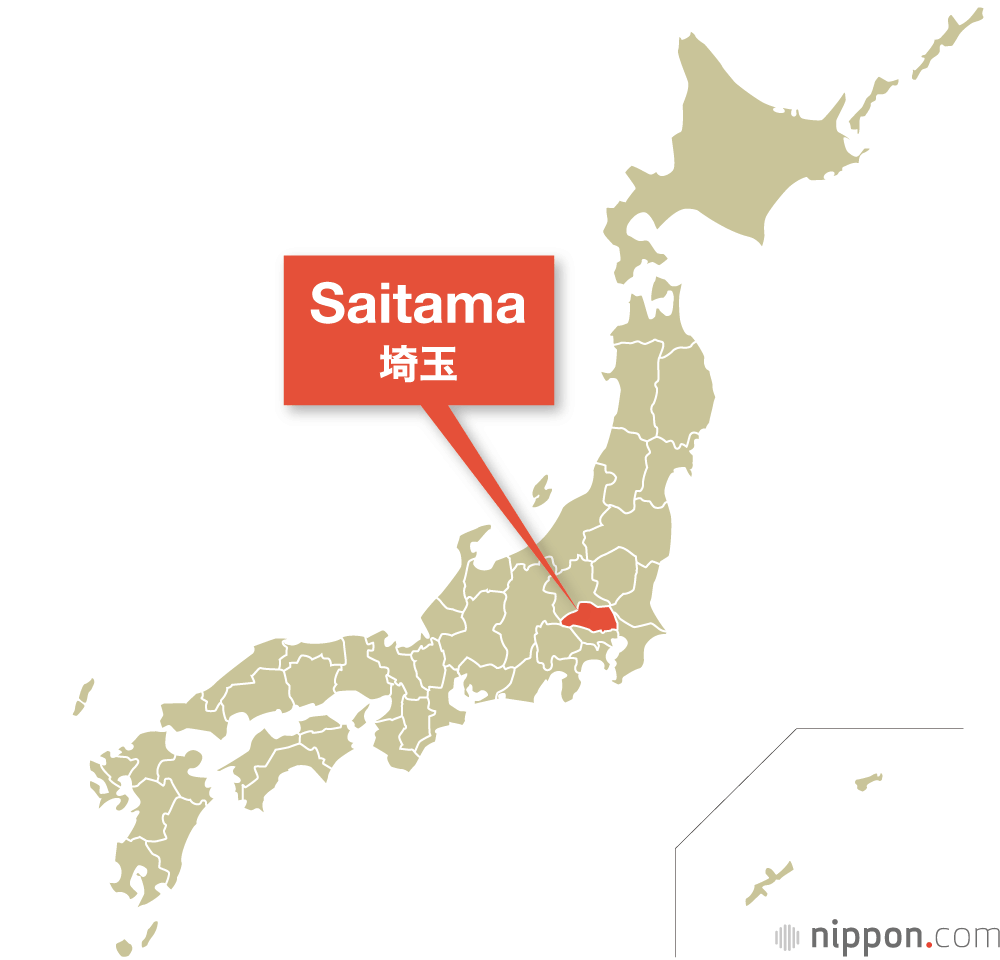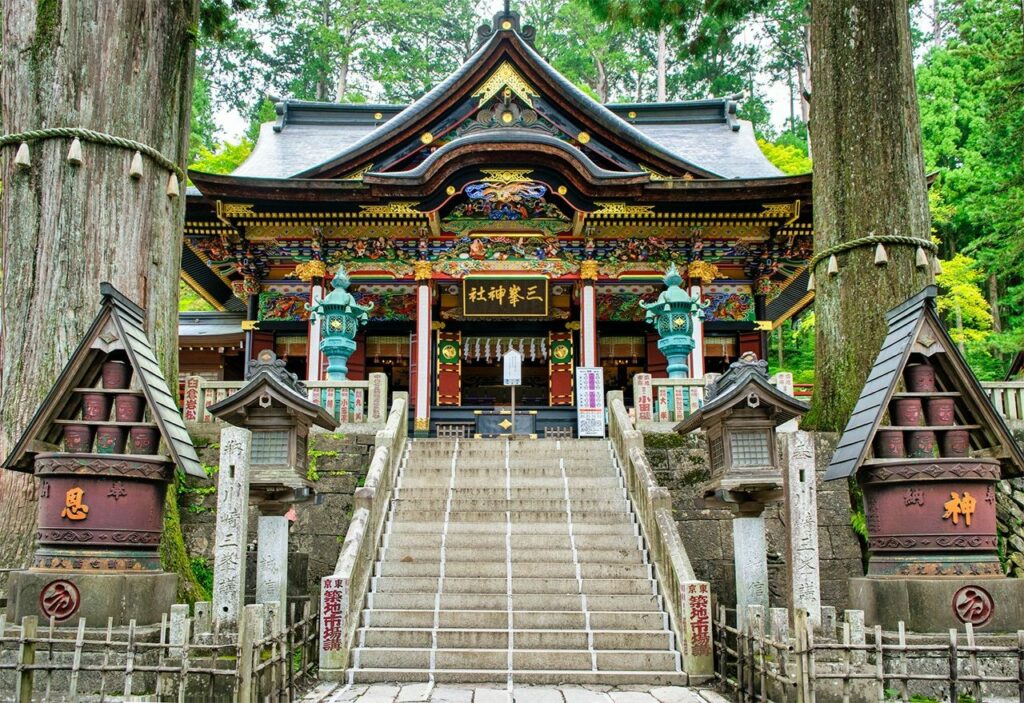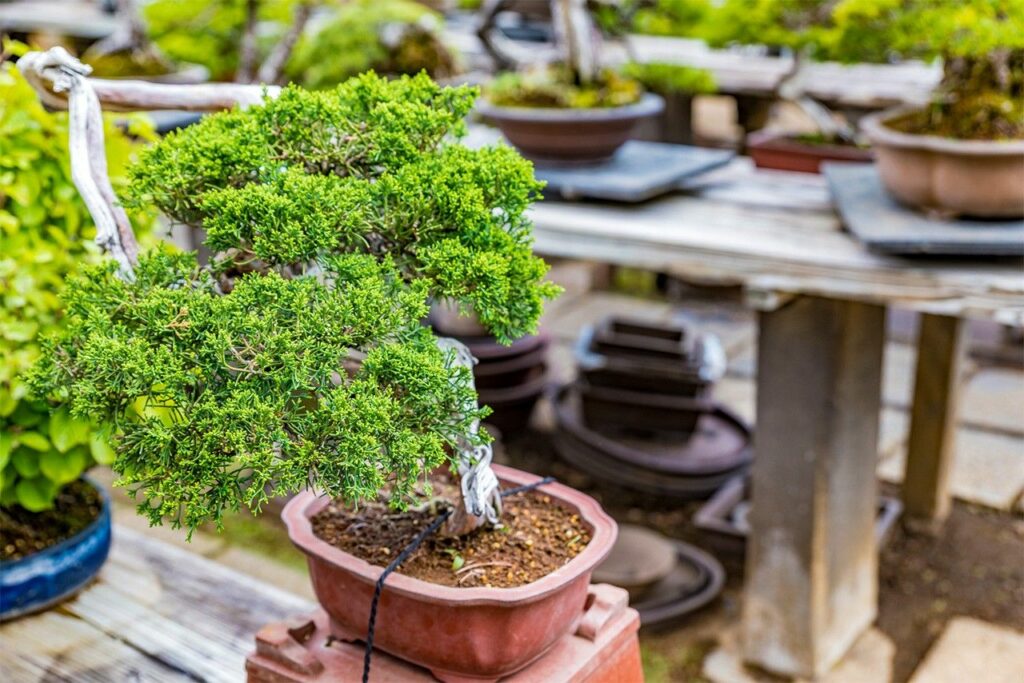Saitama
Prefecture
Banzai Japan
Idol Group
Visit there
Website
Bordering Tokyo to the north, Saitama Prefecture is dotted by bedroom communities, but also boasts steep, picturesque mountains, and is a center of bonsai cultivation.
Saitama Prefecture is located in the Kantō region, just north of Tokyo.
The east of the landlocked prefecture is a mixture of urban and agricultural areas, and the west consists of the mountainous and heavily forested Chichibu region.
The southeast of the prefecture, including the capital Saitama, is part of the greater Tokyo area, with many residents commuting into the metropolis for work and school.
Saitama Prefecture at a Glance
- Established in 1876 (formerly part of Musashi province)
- Capital: Saitama
- Population: 7,345,000 (as of Oct. 2020)
- Area: 3,798 km2

Popular tourist attractions in Saitama include the city of Kawagoe, with its historic buildings reminiscent of the Edo period (1603–1868), and the nurseries of the bonsai village in Kita Ward of the city of Saitama.
Chichibu, part of the Chichibu-Tama-Kai National Park, offers hiking and rafting.
It is also home to the sprawling Mitsumine Shrine and the Chichibu Night Festival, featuring elaborate floats and fireworks.

Saitama boasts a robust manufacturing sector that includes car parts and electronics.
The prefecture is also known for various agricultural and forestry products.
Traditional industry includes bonsai and hosokawashi, one of three types of Japanese handmade paper UNESCO inscribed in 2014 as an intangible cultural heritage of humanity.

Saitama’s official mascot, Kobaton, is based on the prefecture’s official bird, the Eurasian collard dove.

Famous Figures
- Shibusawa Eiichi (1840–1931): Meiji-era entrepreneur. His image features on the new ¥10,000 note.
- Hanawa Hokiichi (1746–1821): Blind scholar who was an inspiration to Helen Keller.
- Ogino Ginko (1851–1913): First licensed Japanese woman physician practicing Western medicine.
https://www.youtube.com/watch?v=KWRRIpu6f24